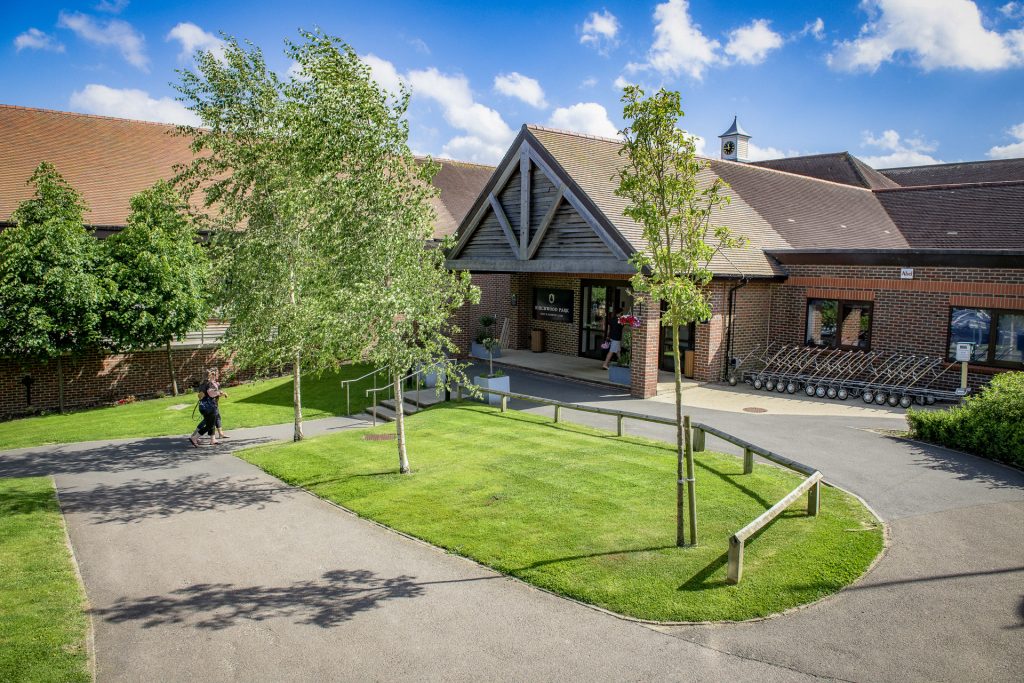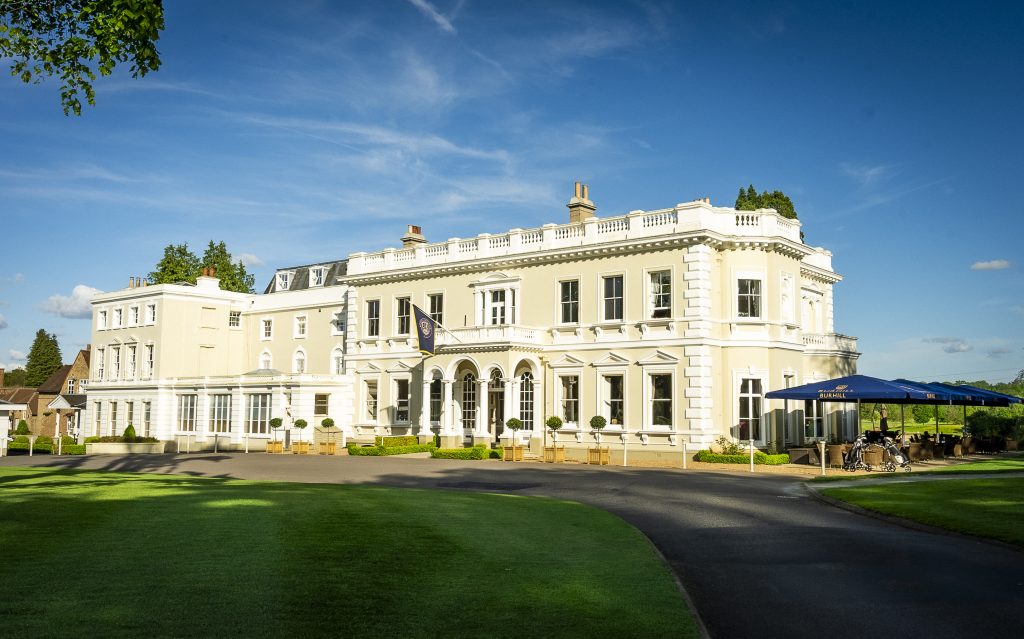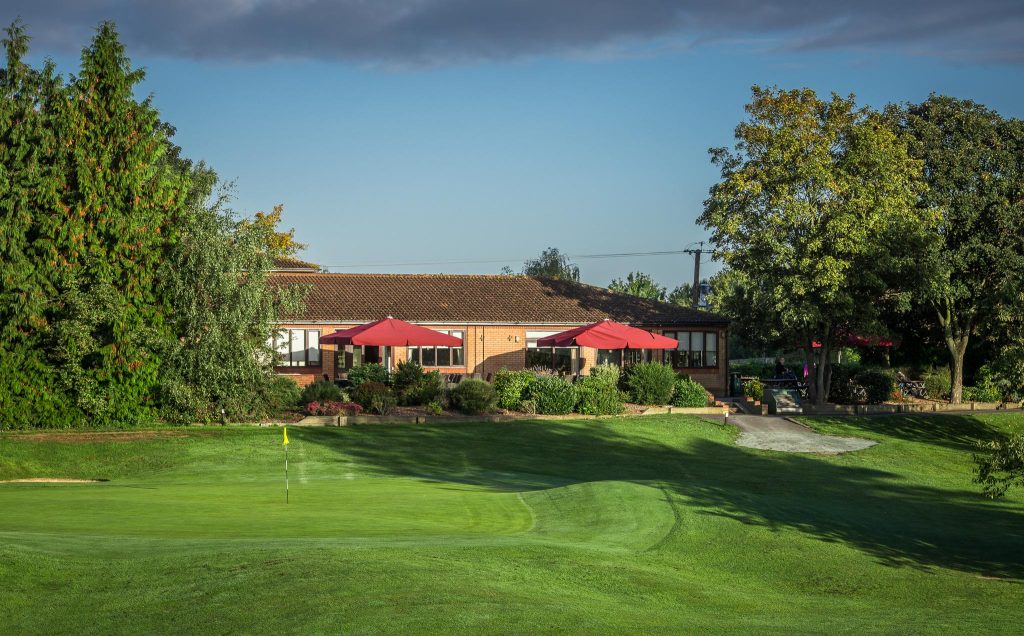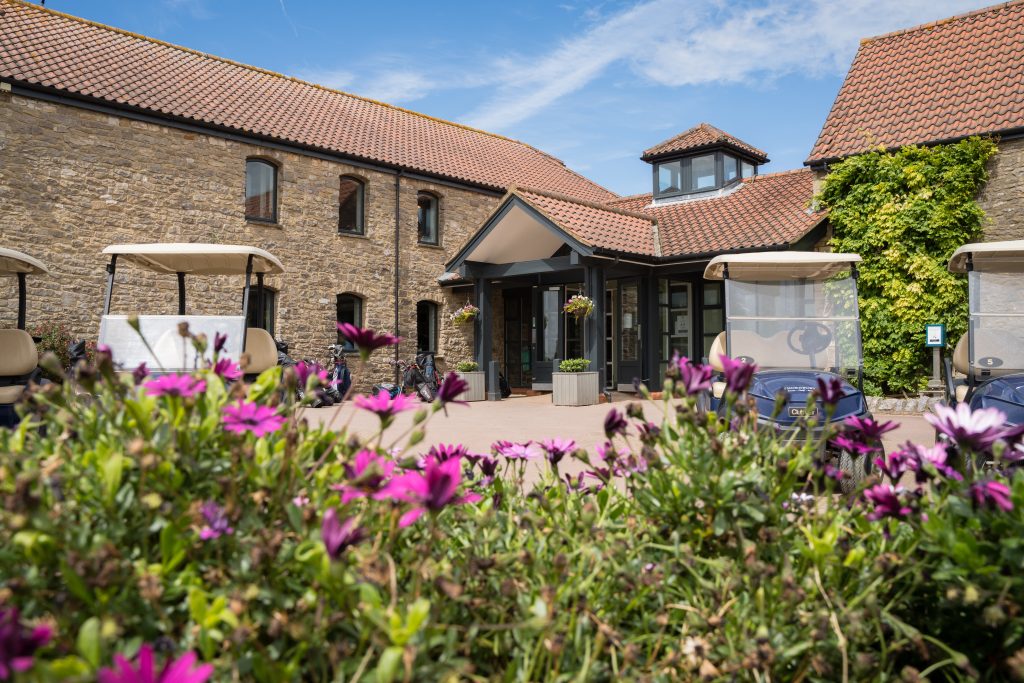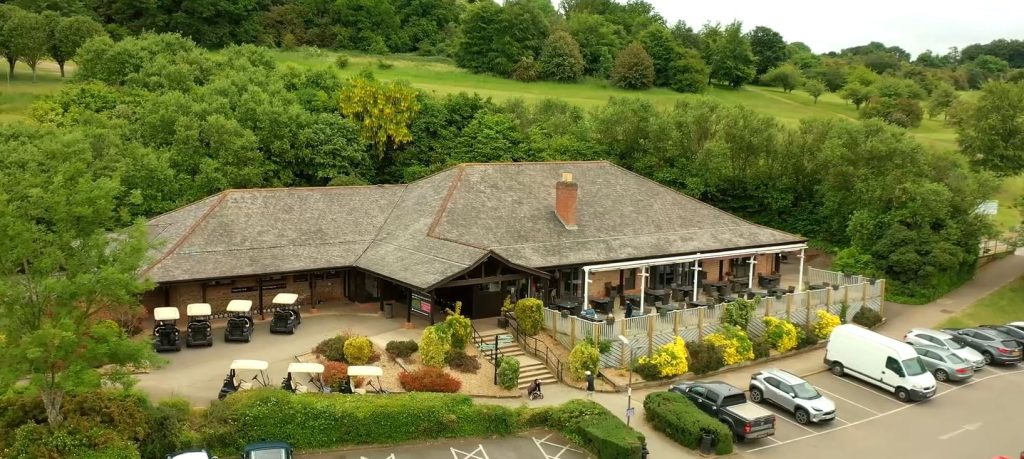Across the Golf Divisions 10 golf clubs, we are proud to share that all of the electricity we use is from renewable sources! We have worked hard to install kitchens powered by electricity instead of gas as well as also installing solar panels at Birchwood Park!
Sustainability
We are dedicated to environmental stewardship and sustainability. Our commitment across the group varies from maintaining beautiful golf courses hand in hand with our responsibility to protect the environment, creating lush, green habitats, that contribute to the preservation of local ecosystems, to responsibly sourcing our materials and products to build our fantastic venues!
Group Achievements
Join us in our mission to make a positive impact on the planet while enjoying the sports and leisure activities we all love. Together, we can promote biodiversity and foster a greener future. Explore our initiatives and see how BGL is making a difference in the community and beyond.

8
Reservoirs
25
Green Energy Sites
11
Carbon Neutral Golf Venues
1
Site with Solar Panels

World’s first multi-site operator to achieve GEO Certification
We became the world’s first multi-site operator to achieve the international sustainability award, GEO Certified®, at each of our 10 golf clubs, through a wide-ranging variety of innovative community engagement, nature enhancement & protection and resource efficiency measures.
Our 7 commitments
In order to achieve our goal of becoming a Net Zero operation, we have designed a series of commitments which align with Environmental Social and Governance frameworks.
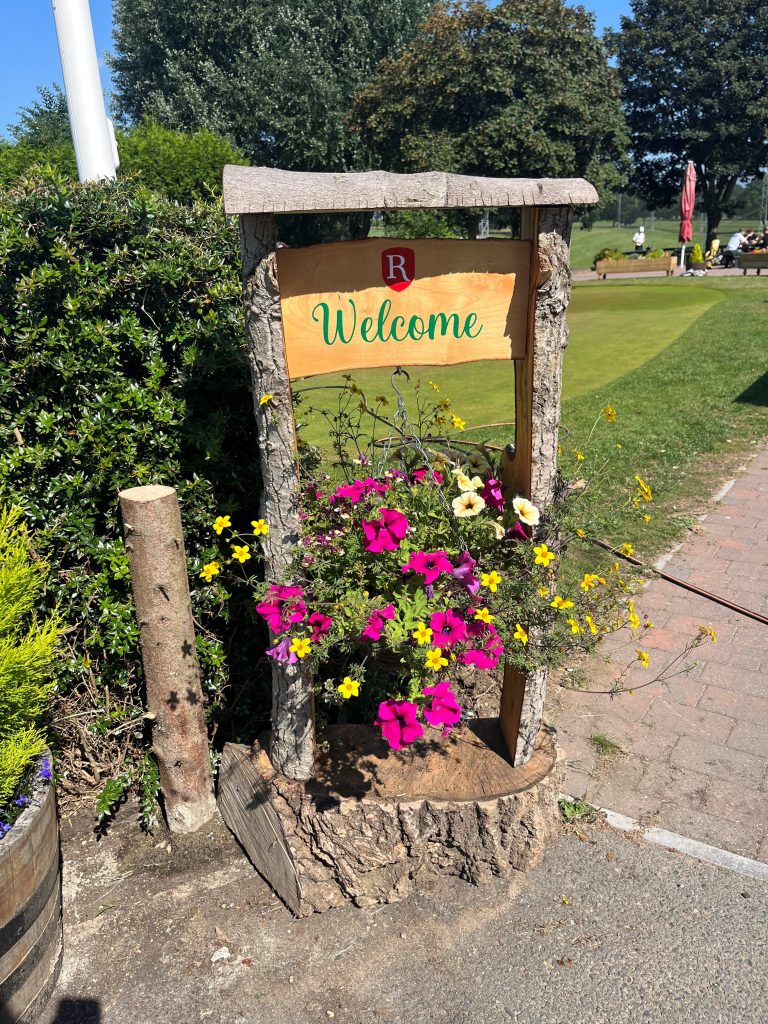
Planning, Policies and Procurement
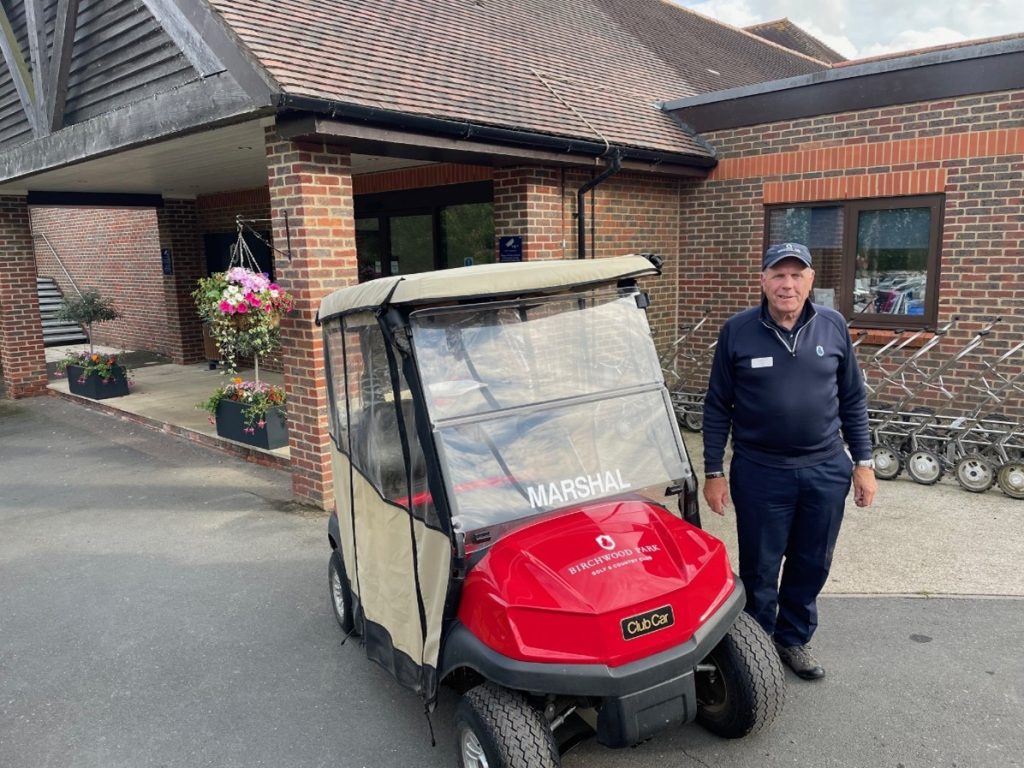
Staff and Golfer Engagement
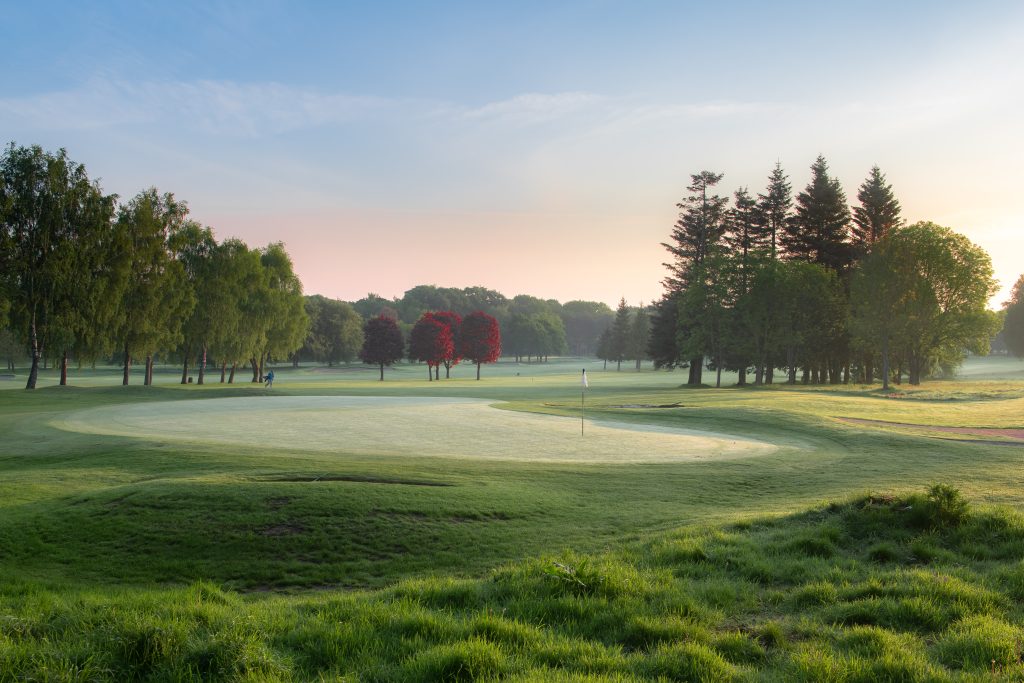
Taking Climate Action
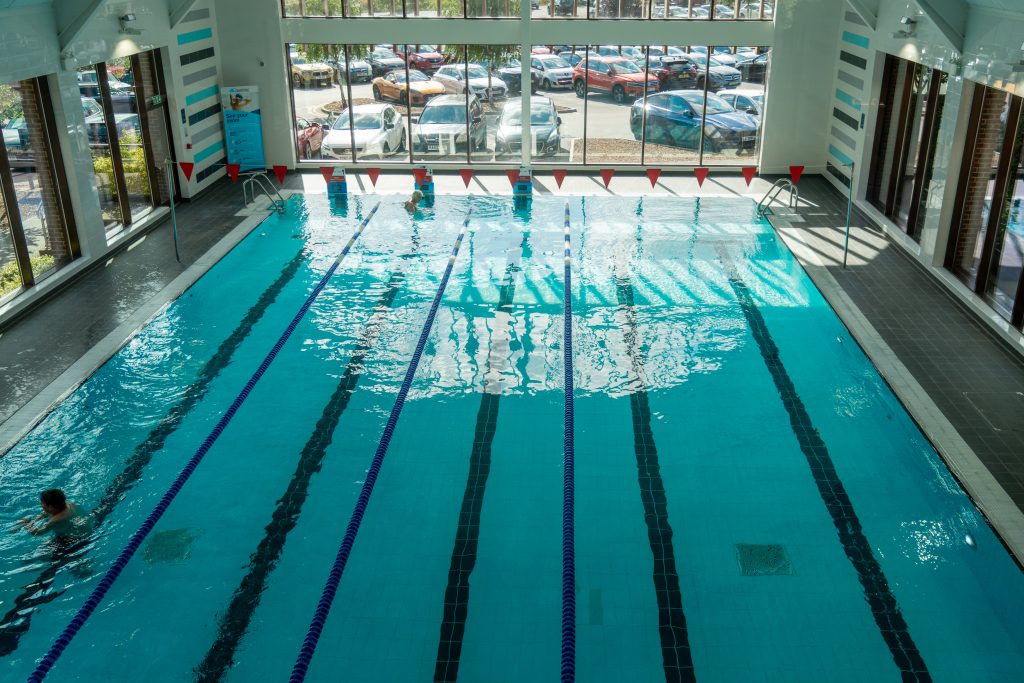
Conserving Resources

Fostering Nature
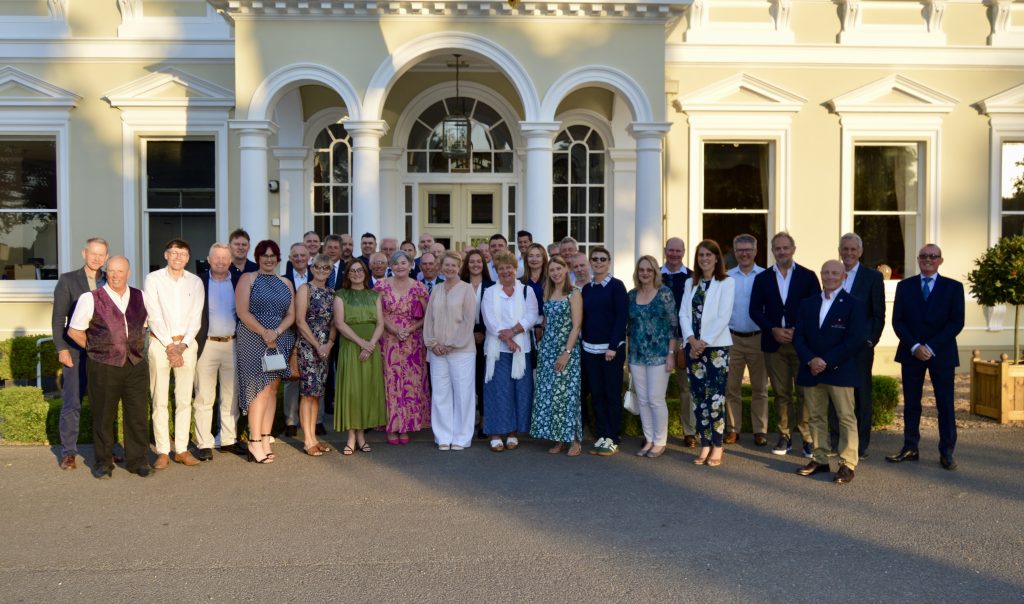
Strengthening Communities

Tracking and Reporting
Key achievements

Energy

Waste
Through the golf divisions partnership with First Waste, we have achieved our 0% waste to landfill goal. Minimizing waste sent to landfills and actively caring for the environment is crucial for several reasons including Environmental Protection. Landfills can leach harmful substances into the soil and water, posing significant risks to ecosystems and human health. By reducing landfill waste, businesses help protect natural resources.
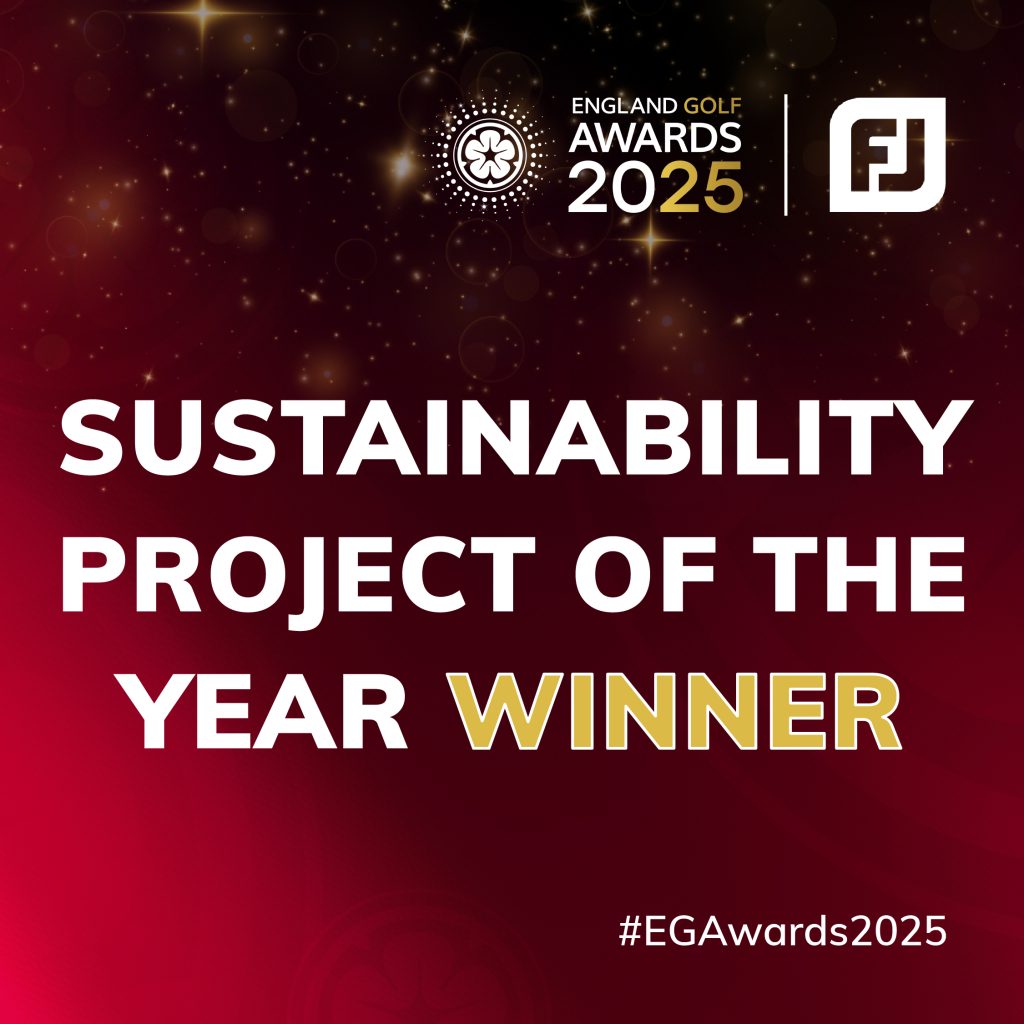
England Golf Award
“Birchwood Park was presented with the award in recognition of its outstanding commitment to environmental responsibility and sustainable practices. Having been a GEO-certified club since 2013, Birchwood Park has continuously championed initiatives that enhance biodiversity, improve resource efficiency, and reduce its environmental footprint” England Golf.

Carbon Neutral
The collective efforts across the organisation have culminated in achieving carbon neutrality at all its venues. This milestone marks a meaningful progression in environmental responsibility, driven by the adoption of sustainable practices such as sourcing renewable energy, improving resource efficiency, and actively enhancing biodiversity throughout its courses.
Carbon neutrality is achieved by balancing our Scope 1 and 2 emissions — from gas, oil, diesel, petrol and electricity — with carbon removals achieved from the land under our stewardship. Annual sequestration from these managed landscapes is used to offset and neutralise the organisation’s direct carbon emissions.
Attaining carbon neutral status is a critical step in addressing climate change and mitigating the environmental impact of leisure activities. This dedication to environmental stewardship not only safeguards natural resources but also elevates the golfing experience for players, aligning it with a more sustainable future.
BGL In Action
Paperless Scoring
A New Era in Golf Experience
Our new Mulligan’s Guildford site embraces innovative technology designed to enhance the golfing experience. Our electronic score tracking system eliminates the need for traditional scorecards, making the game more seamless and enjoyable.
Not only does this cutting-edge technology streamline the scoring process, but it also significantly contributes to our sustainability efforts. By reducing the use of paper scorecards, we are taking meaningful steps towards a greener future, in line with our commitment to environmental responsibility.
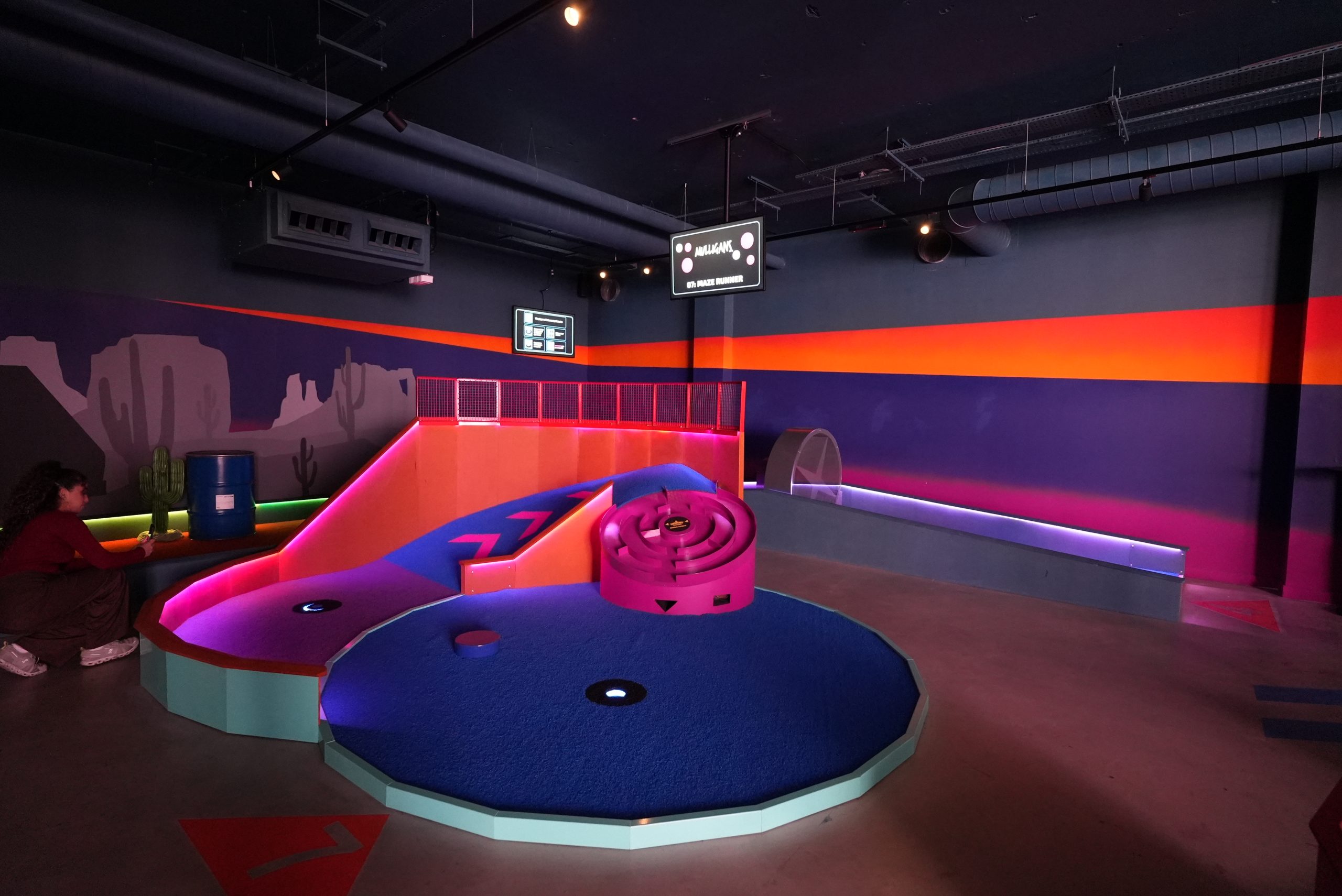
Workflow Efficiency
At Burhill Group, we have taken significant steps to digitalise our finance & HR operations by implementing Lightyear, Sage Intacct, Access and SAP Concur. By transitioning to digital solutions, we are reducing our reliance on paper and postage which not only supports our sustainability goals but also improves workflow efficiencies across the organisation. This digital transformation allows us to streamline our operations, making data access and reporting faster and more efficient. Ultimately, these advancements reflect our commitment to embracing technology for a more effective and environmentally responsible business.


Paper Straws
One of our first initiatives was the implementation of paper straws across our sites. This eco-friendly alternative significantly reduces plastic waste, which is a major contributor to environmental pollution.
By switching to paper straws, we not only enhance our sustainability efforts but also promote a healthier planet for future generations. Paper straws are biodegradable and decompose naturally, minimizing their impact on landfills and oceans.
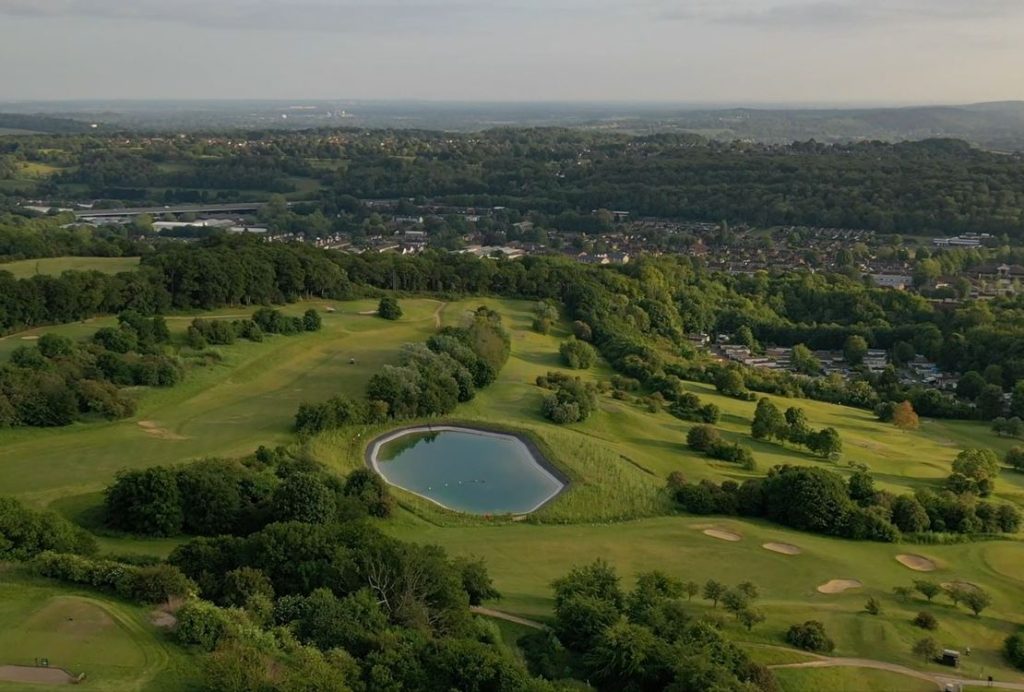
Reservoirs
At Burhill Group, we are proud to operate nine reservoirs across our golf division sites, serving as sustainable water sources that support our operations without impacting local water resources. These reservoirs are strategically designed to capture and store rainwater, allowing us to utilise this vital resource efficiently.
Our commitment to sustainable water management ensures that we minimise our reliance on external water supplies, helping to protect local ecosystems and preserve natural water sources for the community.
We can make a difference
BGL Recognises the importance and the impact our business can have towards a greener future
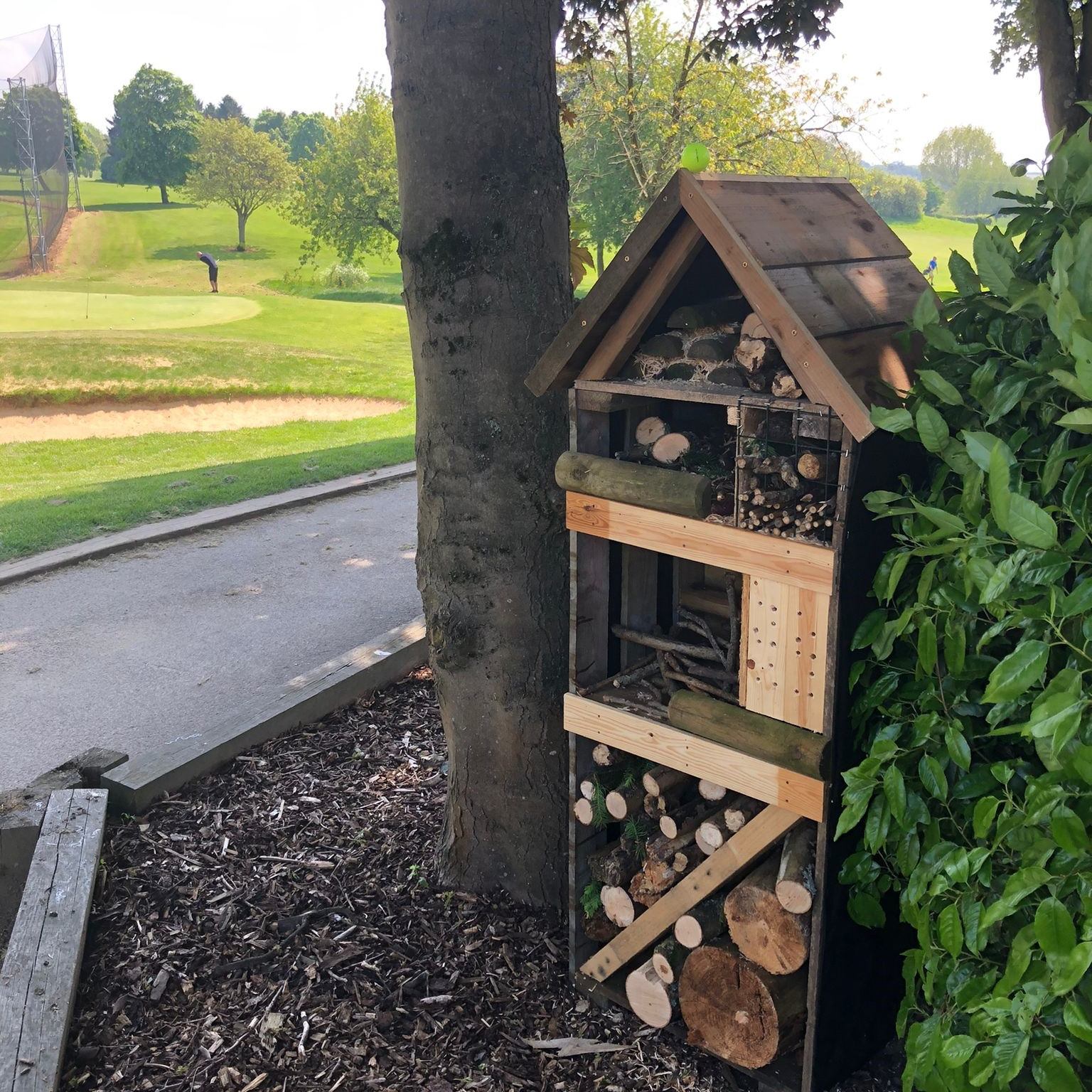
Our Goals
Changes in the way we operate have allowed us to take huge steps towards becoming Net Zero
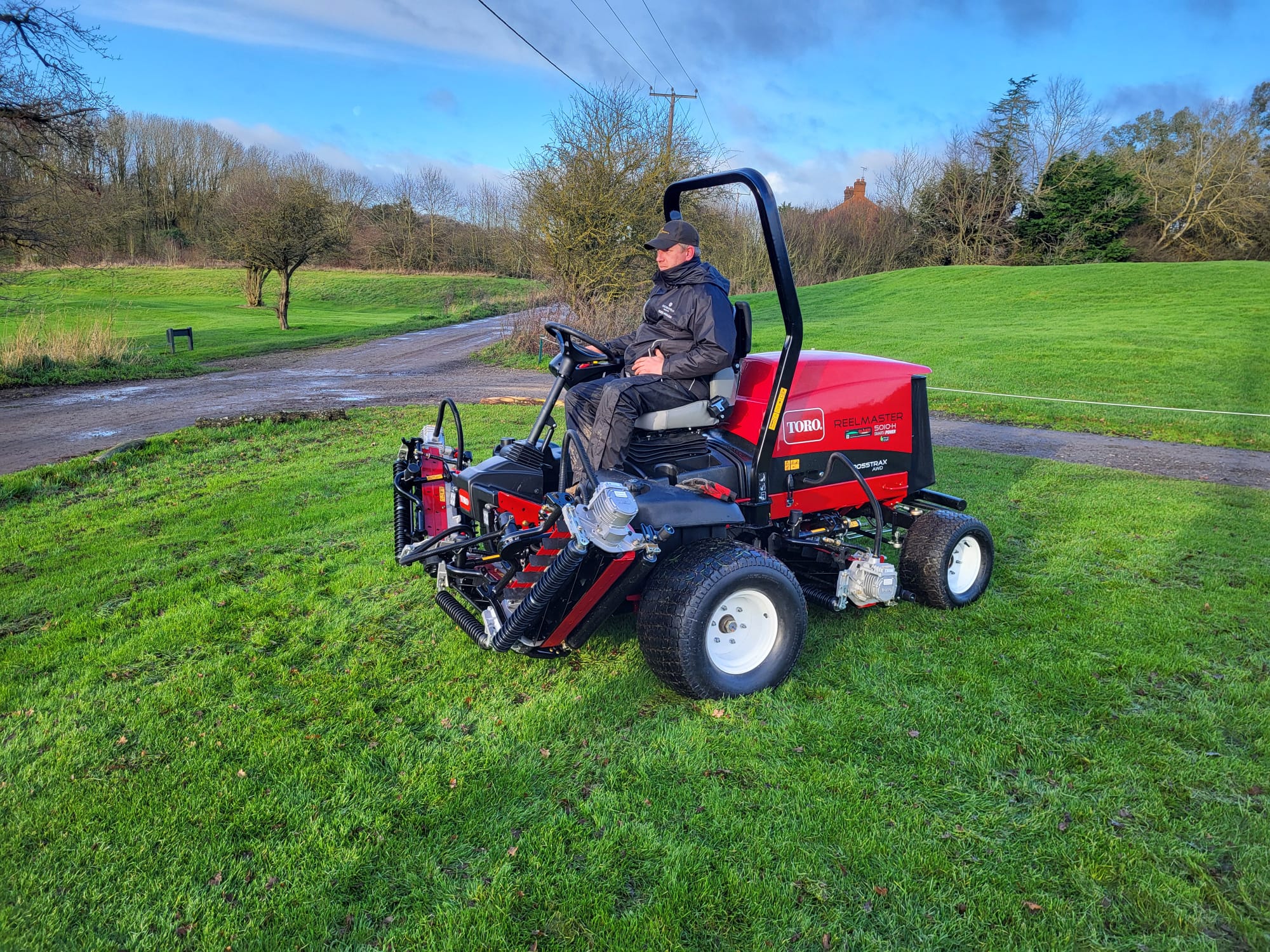
7 Commitments – Our Actions
As part of our commitment to achieving net zero, we invite you to take a look at some of the great actions and steps we’ve taken so far across our golf clubs. Our proactive 7 commitments encompasses a variety of initiatives designed to make a meaningful impact on sustainability. Explore how we are translating our dedication into real change and driving progress in our environmental efforts. Together, we are shaping a greener future!
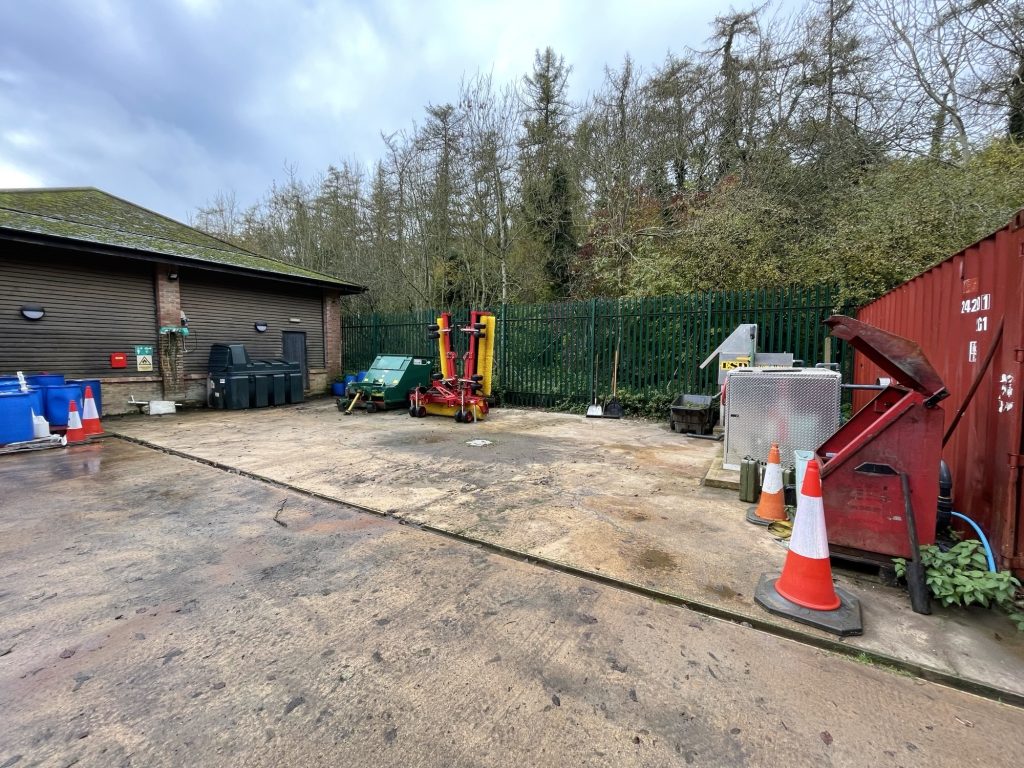
Planning Policies & Procurement
Pollution Prevention: We ensure hazardous materials are stored in bunded containers, and dispensed on a closed loop wash pad (featured in the image), containing any spills and using recycled water to wash equipment, preventing any of the cleaning materials being absorbed into the ground effecting the local habitat.
We work closely with our licensed waste contractors to responsibly store and dispose of hazardous materials, minimising environmental impacts and taking responsibility for the final destination.
The wider benefit of our facility contributes to varies environmental factors including: improved air and water quality, reduced urban air temperatures in heatwaves, reduced surface water runoff in heavy rainfall events, a range of managed habitats hosting a variety of protected and more common species, as well as managed footpaths allowing the public and golfers to enjoy the breath-taking scenery.
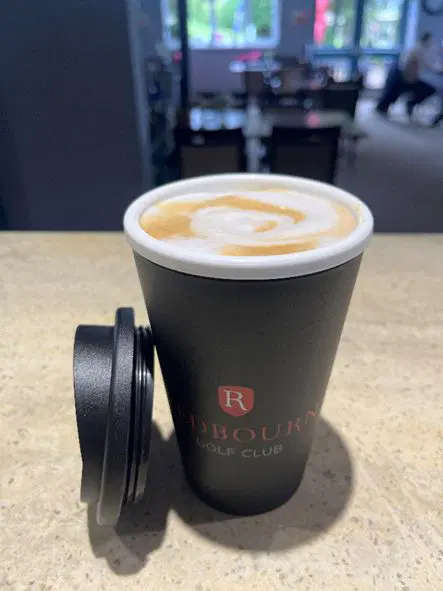
Staff & Golfer Engagement
Redbourn Golf Club has offered several different incentives to encourage their members to be more mindful about the waste created, and here is their brilliant reusable cup!
The personalised Redbourn takeaway cups allow customers a discount off coffees, as well as a new loyalty scheme offering the 8th coffee for free! They have also offered to put money on member’s bar cards if they bring in used plastic bottles for recycling.

Taking climate action:
Installation of swimsuit dryers: During 2023 Birchwood Park & Country Club in Kent recognised that we were using around 57,000 plastic bags in the leisure changing rooms and we started to look at a solution to reduce this. The bags were used by members to transport their wet kit home once they had finished using the club.
We found swim suit spin dryers which remove the majority of water in the swimsuit meaning that we can chose to remove the plastic bags from the areas completely.

Conserving Resources
Fostering Nature
Bat Boxes: The greenkeeping team at Thornbury Golf & Lodge, Bristol, have installed several new bat boxes made from recycled plastic. These boxes are strategically placed in the garden of the 15th Century lodge building and in the trees surrounding the 10th tee of the Severn View course. Positioned 4 meters above ground level and away from artificial light sources to prevent predation, they provide the ideal habitats for bats.
By creating these bat boxes, we aim to promote biodiversity on the course. Bats not only contribute to the diversity of species but also assist in controlling various insect populations by feeding on them. This natural pest management approach reduces our reliance on conventional pest control methods.
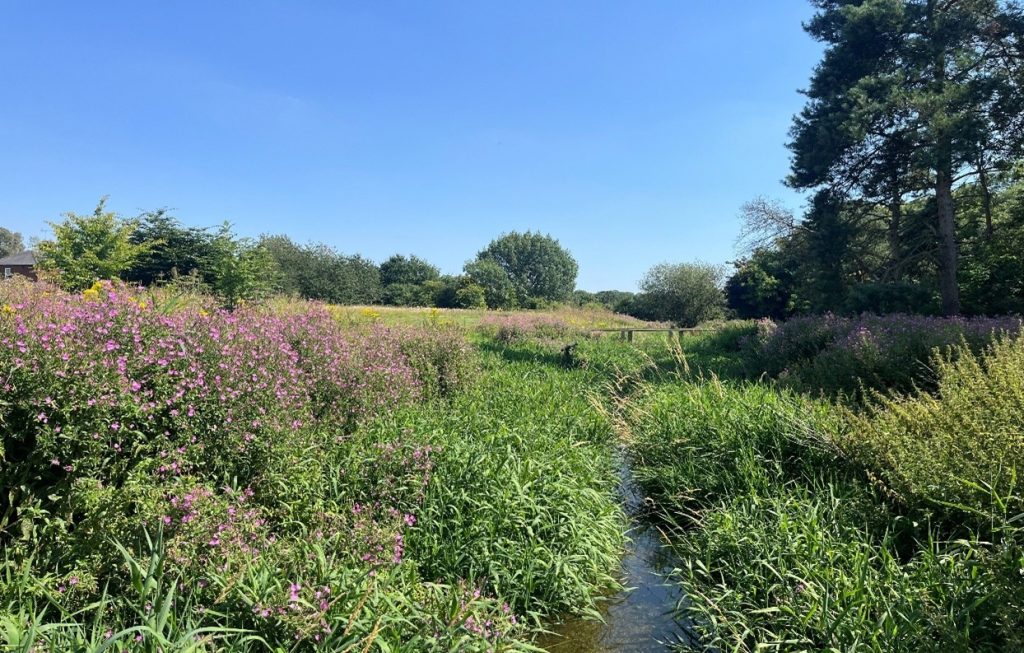
Strengthening Communities
River Restoration: Representatives from Affinity Water, the Environment Agency, Jacobs, The Chiltern Chalk Streams Project, and the Herts & Middlesex Wildlife Trust all gathered at Redbourn Golf Club in Hertfordshire to explore plans for refurbishing and restoring the River Ver. The project aims to enhance local flood resilience, improve biodiversity, and contribute to ecological sustainability in the area.
With a shared vision of restoring the rivers to their former glory, attendees examined various proposals designed to benefit both the natural landscape and local communities. Initial discussions focused on developing a plan that not only mitigates flood risks but also promotes thriving habitats for native wildlife and plant species, creating a more resilient and sustainable environment. By addressing erosion, enhancing water quality, and supporting local biodiversity, the project seeks to create a lasting positive impact on the ecology of the surrounding area.

